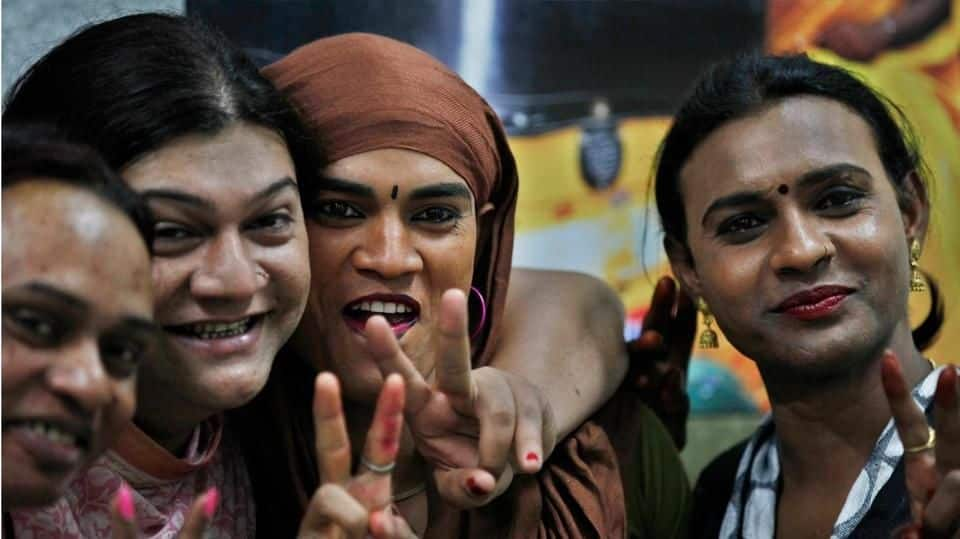
All about Transgender Bill before it is re-introduced in Parliament
What's the story
India is a diverse nation, but is it pluralistic? Homosexuality is a criminal offense, LGBTQ people are discriminated against, and incidents of communal hate and gender violence are on an all-time high. At such a time, the Parliament is set to introduce the controversial Transgender Bill in its ongoing winter session, to accord the community identity and rights. Would it help? Let's find out.
Features
What is Transgender Persons (Protection of Rights) Bill, 2016?
First tabled in the Lok Sabha in 2016, the bill will have a far-reaching impact on India's transgender community of 4.8 million (as per 2011 census). It makes discrimination against transgenders a criminal offense. Violators can be fined or jailed for up to two years. It also mandates the government to provide the community comprehensive healthcare and rehabilitation facilities, vocational training, and welfare schemes.
NALSA verdict
Supreme Court recognized transgender the 'third gender' in 2014
It all began in February 2014, when the Supreme Court, in a landmark judgment, recognized transgender as the third gender. The National Legal Services Authority vs Union of India (NALSA) verdict gave every Indian the freedom to choose their gender and sexual orientation irrespective of their biological traits. It identified transgender persons, legally enshrining their fundamental and civil rights for the first time.
Details
The government's definition of transgender is flawed, limiting, suffocating
Ideally, the bill should add to the SC's directives. However, it has reduced them to farcical caricatures. Ironically, it defines the third gender through the other two, thus further caging trans people between the male/female binary, instead of giving them an identity of their own. Attacking gender fluidity, the bill defines them as "neither female nor male" or "a combination of female and male."
Attack on identity
Transgender Bill curbs individual freedom to choose gender
Imagine having to prove yourself as a man/woman in front of a panel to be legally identified as one? Mortifying? Humiliating? That's what the bill proposes. Unlike the SC ruling, which gave everyone the right to self-identify their gender, the bill requires every transgender to get an identity certificate from a district magistrate and a committee including a doctor and a psychiatrist among others.
Little help
Bill criminalizes begging for transgenders without providing an alternative
Furthermore, the bill criminalizes begging for transgenders, conveniently ignoring that it is the only source of income for a majority of them. It doesn't provide for an alternate money-generating source either. It also has several other omissions. It doesn't include transgender persons under reservation, as was promised by NALSA. Nor does it have any provisions for student scholarships or pensions for the elderly transgenders.